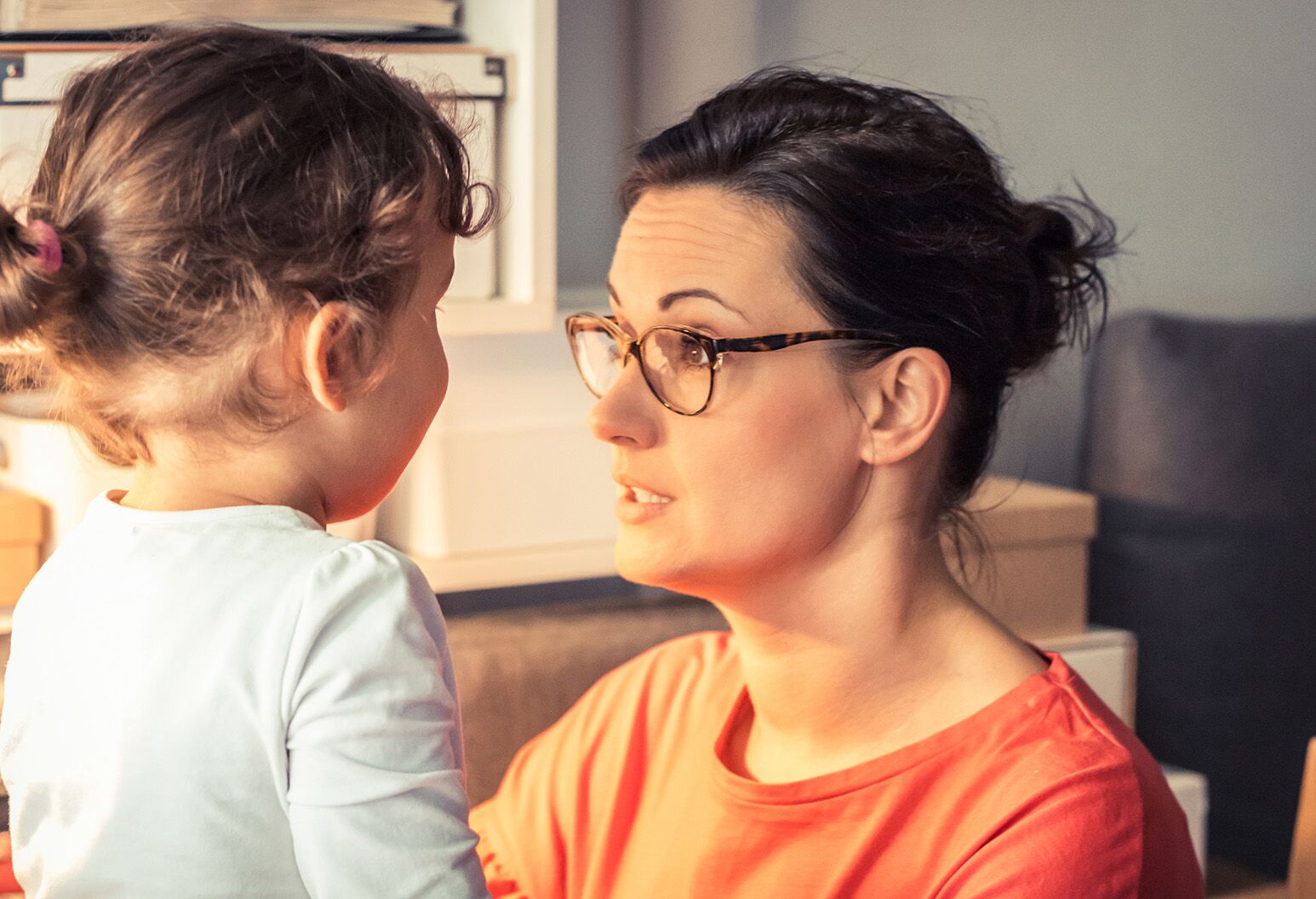covid
Long COVID’s Impact On The Brain

As schools close and activities are canceled, a child psychiatrist helps parents figure out what to say to ease their kids’ concerns.
4 min read
As our heads spin from the nonstop barrage of news regarding the novel coronavirus—also known as COVID-19—and our kids’ routines are upended with play dates, concerts, sporting events, and school being canceled, they may worry about themselves, their family members, and their friends contracting the virus.
During this difficult time, parents need to make sure that their kids don’t get swept up in the fear and panic associated with coronavirus, and present information calmly to avoid more anxiety.
Victor Fornari, MD, director of child and adolescent psychiatry at Northwell Health, offers parents a practical roadmap for how to approach the topic, answer questions, and calm fears.
“As parents and teachers face the challenges related to coronavirus, they need to recognize that conversations about the disease are difficult, but they’re necessary because it’s about public safety and a public emergency,” says Fornari.
He suggests reassuring kids that they will be OK, while sharing facts, and offers guidelines for helping parents discuss the coronavirus with their children.
Be honest and a good listener. Encourage open conversations with your children. Let them explain what they know, so you can address their concerns and correct any potential misinformation they might have heard. “You always want to be honest,” says Fornari.
Communicate in an age-appropriate manner. Gear discussions with your children to their developmental level using language they can understand. “Parents should be prepared to answer questions repeatedly, since everything that is going on right now can be difficult for kids to grasp,” explains Fornari. “Be patient if they ask the same questions over and over.”
Stay calm and be reassuring. One of the most important things when talking to children in these uncertain times is to remain calm and be careful not to impose any of your own anxieties on your kids. “It’s fine for parents to be reassuring, letting their kids know that they’re safe at home,” says Fornari. “But advise them that there may be cases in the community and that we may need to be careful, reiterating safety precautions.”
Monitor media usage. Minimize the amount of time kids spend watching and reading the news, even if they’re interested. “It’s better for children to get information from parents,” says Fornari. Of course, older kids and teens will likely be able to seek out information on their own, but encourage them to discuss any concerns with you.
While disappointment and frustration are normal emotions when a child’s favorite activities are canceled, be empathetic and gently explain that sometimes we can’t do what we want when we want to. Fornari reminds parents to keep these discussions age appropriate. “Speak to your children at the same level that you’d speak to them about other topics,” he says. Use simple language when talking to younger children and engage in more sophisticated dialogue with older kids.
As activities are canceled, families can try to make the best of this time, using it to bake, read, and share other special activities. While kids are home from school with large stretches of unstructured time, Fornari suggests trying to implement routines as much as possible.
College students are also being impacted by coronavirus as classes are canceled or moved online and dorms are shut down. If your college-age children have been impacted, be empathetic about how hard it is to have to end the semester early or even miss graduation, but remind them that this is a global pandemic. The Centers for Disease Control and Prevention (CDC) and the World Health Organization (WHO) have implemented these measures to contain the spread of the virus. “Drastic times call for drastic measures,” notes Fornari. “The alternative could be a lot worse.”
While most kids will require some level of reassurance, Fornari cautions there are groups of children that may need extra attention. “Ten percent of kids have anxiety disorders,” says Fornari, “and may be excessively anxious and need extra assurance. Kids who have serious medical conditions or have experienced a recent loss may require extra support and attention, too.” Parents with children in these groups should consult with their pediatrician, school counselor, or other mental-health professional on how to best speak with their children.
If children express concerns about not spending time with grandparents, explain that some people may be more vulnerable, so we want to avoid contact with them to prevent spreading viruses unknowingly. Ease children’s fears by video chatting with grandma and grandpa, so they can see they’re fine.
A great deal of factual information will become available as the pandemic unfolds. So you can share the most up-to-date information with your children, check the CDC and WHO websites to find out the latest updates each day.
Try to enjoy this extra time with your children. Before you know it, your head will once again be spinning, but this time it will be from carpooling your kids to all of the extracurricular activities they can’t wait to return to.
Subscribe here to receive information about all things coronavirus and more from The Well.
The Well is Northwell Health’s commitment to the future of health care. In this time of information overabundance, much of which is inaccurate, unhelpful, or even difficult to understand, Northwell Health is on a mission to make a difference as an honest, trusted, and caring partner. The site connects with consumers to provide them with personalized content that reduces their stress, makes them laugh, and ultimately feel more confident and capable on their healthcare journey.